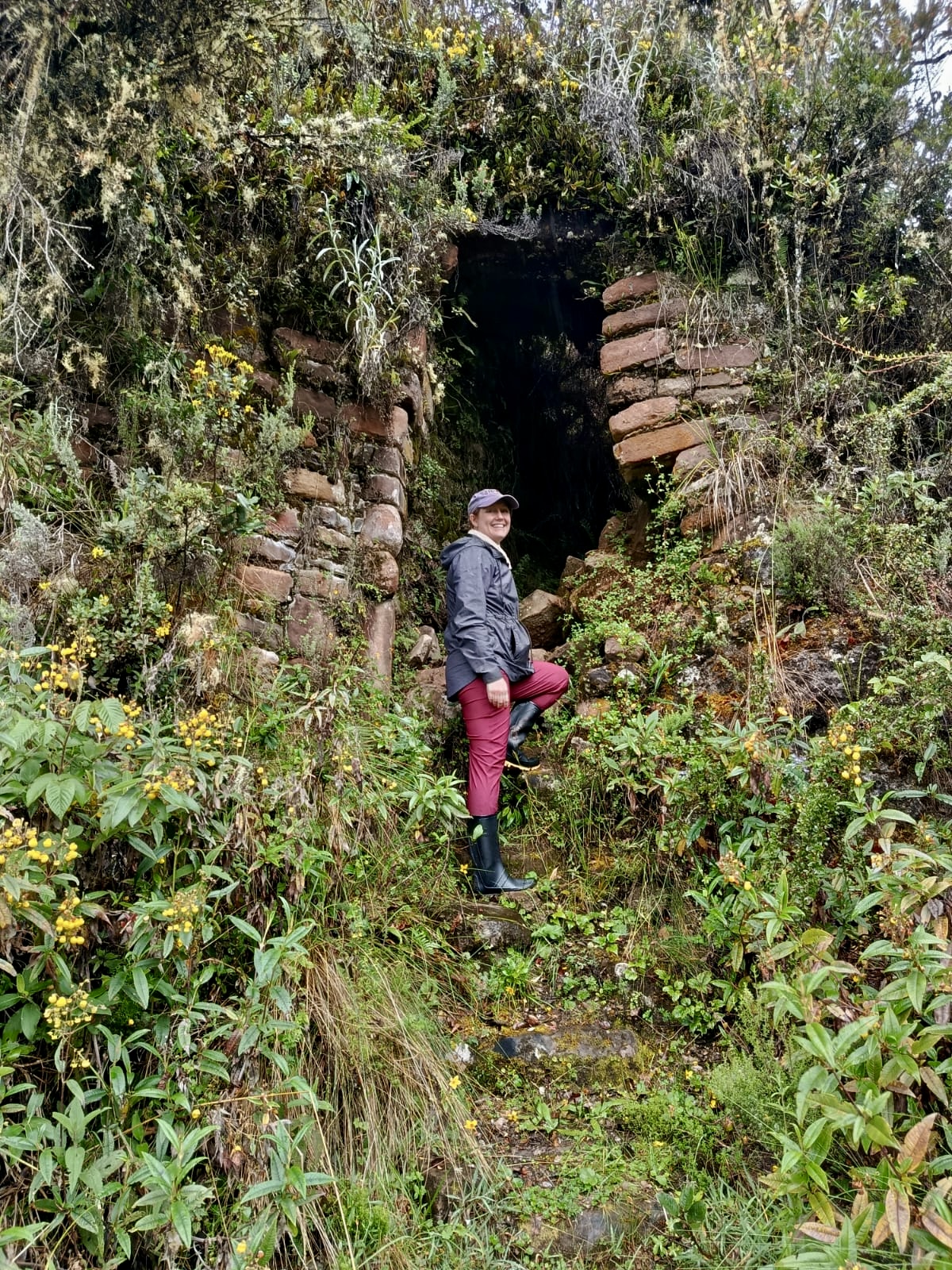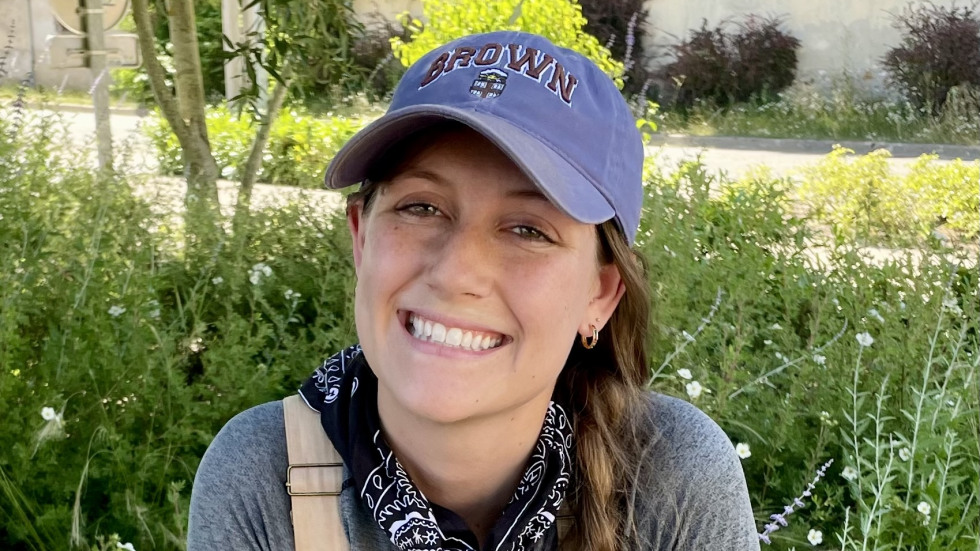Bolster, who arrived in August, has already been actively participating in community town halls and interacting with students, and learning more about present-day Uchumarca. Her focus is on understanding the modern community’s connection to the archaeological history beneath their feet.
Collaboration and Community Bonds
For the three preceding summers of her Ph.D. program, Bolster worked in the region, but she emphasizes that the extended time provided by the Fulbright is indispensable for fostering genuine partnerships.
“Having community members actively participate in our excavations has been especially rewarding, as they grew up on and around these sites and have such rich information to offer on the landscape and its history,” Bolster noted.
She stressed the critical nature of these relationships, asserting that without the extended period afforded by the Fulbright, she “would have struggled to form such strong, critical bonds with the community and may not have learned as much about their goals and aspirations for the future of archaeology in the region.”
Excavation and Analysis
Bolster is currently co-directing excavations for the Proyecto de Investigación Arqueológica NEBLINA (Narrativas de Estudios Biológicos de La Identidad y Naturaleza de los Ancestros) in the highland regions of La Libertad and San Martín, Peru, a phase that will continue through November.
Following the field season, she will relocate to the city of Chachapoyas, Amazonas, until May to conduct laboratory analysis. During this time, she will collaborate with local archaeologists and students at the Universidad Nacional Toribio Rodriguez de Mendoza de Amazonas to process the recovered materials.
As a bioarchaeologist, Bolster’s primary interest lies in the analysis of human remains. However, her work is comprehensive, aiming to reconstruct a complete picture of ancient life.
“I also will be working to analyze ceramics, textiles, lithics, and botanical remains in order to contextualize the lives of individuals who lived and died at these sites,” she explained.
 Dissertation Focus: The Impact of Empire
Dissertation Focus: The Impact of Empire
Bolster’s dissertation aims to understand how ancient communities were affected by imperialism on both a physical and sociocultural level. The research seeks to answer fundamental questions about the lives of those who lived under imperial influence:
- Physical: “What were they eating? What were their health experiences? What kinds of trauma was preserved in the skeletal record?”
- Sociocultural: “How did imperial activity impact social (in)equality among different sexes? people in different age cohorts? communities at different sites?”
The sheer volume of excavated material excites Bolster, who is eager to work alongside Peruvian undergraduate and graduate students to share their discoveries. Plans are already underway to present their findings to the public at town halls, academic conferences, and in scholarly journals in the coming years.
A Foundation in Diverse Fieldwork
Bolster’s selection for the Fulbright is the culmination of extensive experience. Prior to Brown, she earned her undergraduate degree in anthropology and law, history and society from Vanderbilt University. While there, she gained foundational skills as a research assistant in the Bioarchaeology and Stable Isotope Laboratory.
Her fieldwork spans the globe, including excavations in the U.S., France (with the Department of Defense), Mexico, and Peru. She also completed an NSF Research Experience for Undergraduates, where she analyzed commingled and cremated remains from the Bronze Age in the United Arab Emirates.
“All of these experiences were foundational to my growth as a scholar and helped to inspire my dissertation research, which I am very excited to continue working on in the coming years at Brown,” Bolster concluded.
